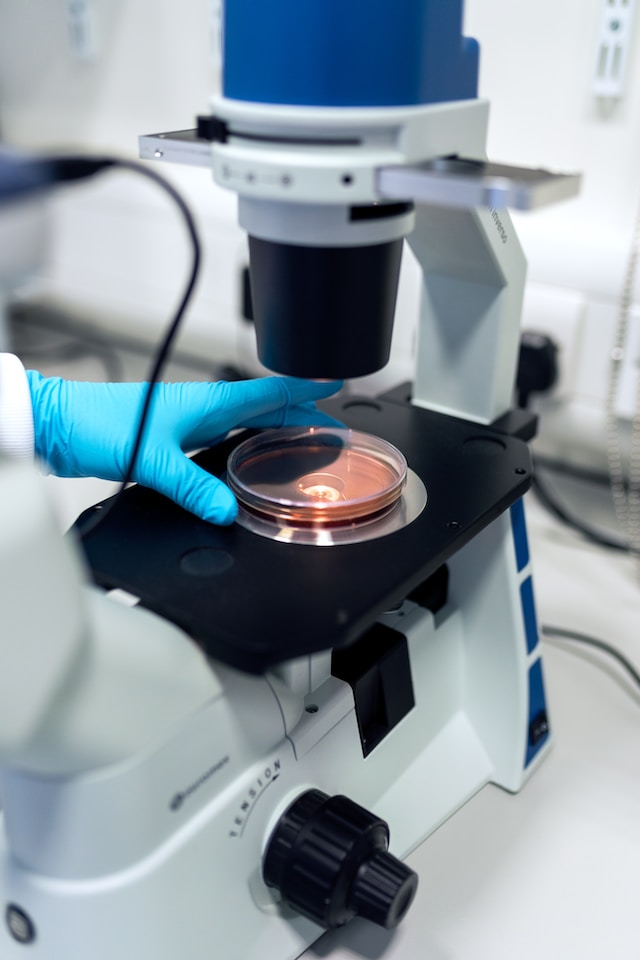
Georgia has been outpacing the nation in life sciences job growth by investing in resources that support workforce development while nurturing a culture of collaboration.
Home to more than 4,000 life science organizations, which employ 78,000 Georgians, the industry is rapidly emerging across the state. Georgia’s biosciences ecosystem is strong in all stages of product development from concept to commercialization. These strengths have spurred growth across multiple sectors including research, testing and medical labs, life sciences distribution, digital health, and medical device and equipment manufacturing. Notable life sciences companies with operations in the state include Alcon, Arbor Pharmaceuticals, Boehringer Ingelheim, Boston Scientific, Dendreon, Johnson & Johnson, Pfizer, Sanofi, Takeda Pharmaceuticals, and UCB.
Georgia’s commitment to workforce development
Home to some of the most prestigious universities in the country, including the Georgia Institute of Technology, Emory University, and the University of Georgia, Georgia’s colleges and universities have increased the number of students graduating with degrees in life sciences by 14% in the last five years. More than 150,000 degrees are earned each year through Georgia’s public and private higher education institutions. Specifically, Georgia Tech and Emory have a joint biomedical engineering degree that ranks second in the nation.
Additionally, the state fosters early interest in life sciences careers through its strong STEM programs developed by the Department of Education and the Technical College System of Georgia. These programs partner with local companies to help determine the needed skill set and begin offering classes and opportunities to earn credit toward certification to students in high school.
Another program is the Rural Teacher Training Initiative (RTTI), funded by Georgia BioEd, a nonprofit organization serving the state’s life science industry. This investment provides science education training for grade-level educators along with scientific equipment, ensuring that schools have access to resources and can properly teach and conduct science experiments.
How Georgia is supporting innovation
Increased funding for university R&D from the National Institutes of Health (NIH) and public and private partnerships has exceeded $700 million annually in 2020 and 2021. Research universities in Georgia spent twice the national average in life sciences R&D in 2020, totaling nearly $1.4 billion.
With the Centers for Disease Control and Prevention (CDC) and the American Cancer Society (ACS) headquartered in Atlanta, Georgia has access to unparalleled resources and expertise in public health and cancer research. These institutions contribute to scientific knowledge and attract top-tier researchers, making Georgia a magnet for innovation.
The culture of entrepreneurship and training
The culture of entrepreneurship and startups is also embraced, and a wide range of incentives and support programs are fueling life sciences company growth. Initiatives like the Georgia Research Alliance Eminent Scholars program and the Georgia Center of Innovation provide vital resources and expertise, propelling the commercialization efforts of these ventures.
Georgia Quick Start, a complimentary workforce training program offered to qualifying companies investing in Georgia, has a dedicated life sciences team to train workers based on talent needs. Companies that have benefited from the program include Takeda Pharmaceuticals, Alcon, Boehringer Ingelheim, Boston Scientific, and Denderon. Furthermore, Georgia actively supports developing and expanding life sciences businesses through tax credits, grants, and other funding opportunities, ensuring a thriving entrepreneurial landscape.
With sustained investments and collaborative efforts, Georgia continues to flourish as a dynamic hub for the life sciences industry, spearheading groundbreaking advancements in healthcare and making a positive impact globally. The state’s unwavering commitment to nurturing talent, providing top-notch education, and supporting innovative research and development has established a fertile ecosystem for life sciences innovation.




